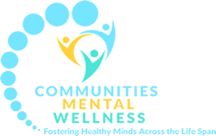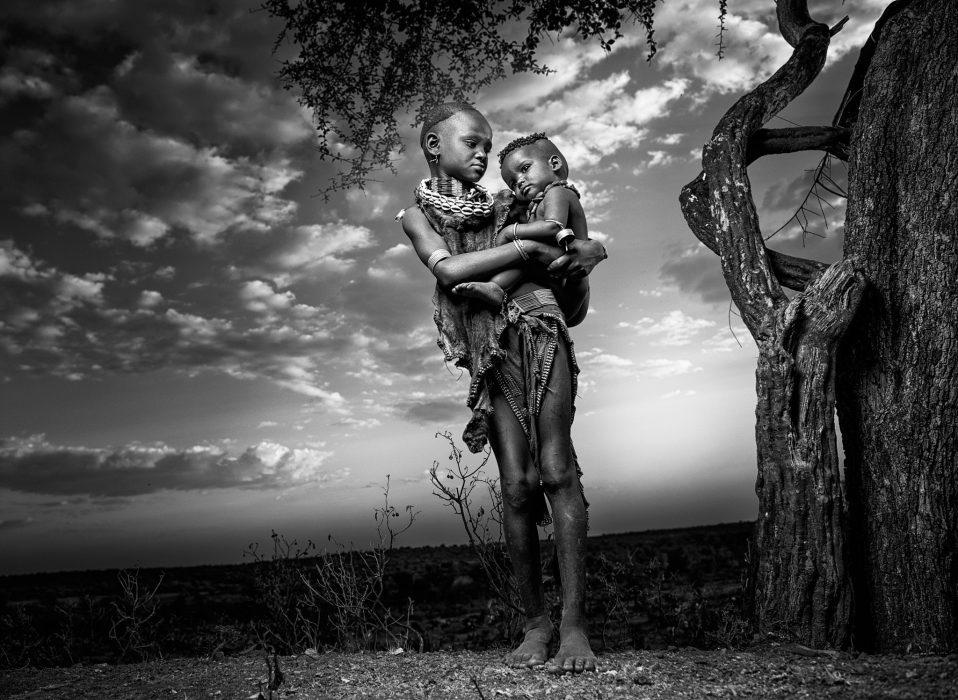In the African society, a baby is seen as a blessing. A baby is a beautiful creature that should be celebrated. Therefore, the birth of a baby symbolizes a new beginning. A newborn is welcomed with songs, dances, and praises, celebrations and ululations as the parents and the baby are gifted with various things.
Parenting is a moment full of joy and at the same time, one of the most challenging moments in life. The moment a baby is born the life of a parent changes forever. It’s no longer all about the parent but the baby. This is the time parents learn the strength they did not know they had, the love they never knew existed, and a life full of dreams and hope for the baby. However, this is also accompanied by worry, tension, and sometimes tears as parenting a newborn can be overwhelming.
It is a beautiful Saturday, a bright morning in the coastal region of Kenya. In my quest to reach out to children with mental illness, I start a long journey to a village in the interior areas of this part of the country to meet some of the children that need mental health services. After a long drive, we arrive in the village to meet the children who are playing in a school. Immediately we arrive, we are greeted by a group of parents whose smiles and joy cannot be hidden – the smiles of hope and a sigh of relief! All the children come running to
welcome us. I immediately notice how the parents struggle to keep them off the “visitors”. After realizing that I’m comfortable with the children around me, the parents give up pushing them away from us. I take the first hour to play with the children: some are moulding toys, some staking toys together, some playing with balls, others drawing, while
others are sited quietly in a corner.
I feel a tap on my shoulder, and I get distracted from the toys we were stalking together. It’s the project coordinator drawing my attention. Introducing me to the parent, “this is Dorcas, “…she helps children with mental illness”, he says. Immediately, the woman’s face lights up and calls her son to join in the conversation. She tells me a history of her son, how he dropped out of lower primary school because the teachers thought he was too aggressive towards other children and could not be handled anymore. She is left with no option but to take her child home. That was the last time he attended school. The son is now a teenager, but he stays at home and helps with a few household chores. Sometimes he is aggressive while other times he sits quietly and does not seem bothered by anyone. He has a short memory span and doesn’t remember things quite often. The parents have tried all sorts of medical attention but have not found anyone who understands the child’s condition.
My encounter with this experience gave me a lot to think about. I imagine the day this particular child was born and the parents’ journey through this period, especially in an African context. When parents realize that their child has a problem, life becomes unbearable. The burden of caring for a child with mental illness together with the stigma in the community and lack of social support make parents isolate not only their children but also themselves from social activities.
To make it worse parents feel pained to realize that their child has a disease that they cannot understand. Sometimes parents fail to understand their child either. They begin to think that the child is just a difficult child, disobedient, and aggressive. The frustration can make the parents to not only hate their own child but also physically abuse them or in worse cases abandon their children.
Mental illness encompasses psychological and emotional disorders that impact how individuals behave and feel. Just like adults, children can develop mental health conditions such as anxiety, attention, communication, emotional, behavioural, and eating problems.
Children with mental illness are often victims of stigma as the communities they live in view them as an outcast and a punishment to the family. This is mainly due to the misconceptions about the causes of mental illness. Most African communities believe that mental illness is caused by the actions of parents, ancestors, supernatural powers, or witchcraft.
The lack of proper diagnosis and care/treatment makes the situation even worse. When parents fail to get a diagnosis about a child’s condition, they resort to other forms of seeking help such as witch doctors or spiritual leaders who are believed to cast out the evil possessions in the child or isolate their child from the community.
Despite the high burden of mental illness in children, it remains a subject that continues to be neglected. Parents of children with mental health are not only faced with stigma due to their children’s mental state but are also faced with limited access to mental health services in addition to the lack of financial resources. The lack of proper mental health care for treatment and prevention of mental illness in children is a double tragedy as these problems escalate in adulthood and may lead to worse outcomes.
The purpose of this first blog is to outline the need for help of children with mental illness, highlighting the effects of children’s mental health on their families and the society and form a platform to provide educational blogs on parenting children with mental illness. In the next blogs we will aim to create awareness on children with mental illness and provide needed information to caregivers of children with mental health problems.


